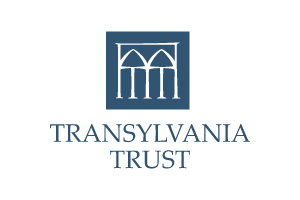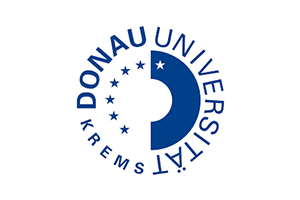Project results
The SOS HERITAGE project empowers the heritage sector to tackle the challenges and opportunities of digitalization, digital access, and risk management.
Here are the main published results of the project.
Pilot local activities on digital creation and communication of historical buildings and collections
This work package aims to share and test best practices in digital content creation and communication for stakeholder and community engagement. The first step is the Handbook of good practices for digitalisation and promotion of cultural heritage, which identifies and shares good practices through desk research by all partners. The report highlights existing good practices, innovative approaches, challenges, and sources of inspiration for partners’ digitization initiatives.
The work package includes three pilot projects implemented in Italy, Serbia, and Romania, based on the Handbook’s findings. These projects leverage digital technology to promote and enrich the experience of unique local cultural heritage in each country.
This result has been curated by the Transylvania Trust Foundation, Romania.

Development and testing of a web app to assess and manage procedures of natural risks assessment and conservation
This work package aims to create a cutting-edge web app to simplify risk assessment procedures for cultural heritage professionals.
This platform offers efficient tools for digital risk management planning, ensuring quick and effective decision-making.
Join us in revolutionizing risk assessment in cultural heritage conservation.
This result has been curated by Mazzini Lab Società Benefit, Italy.

Creation and piloting of a Training Course on Risk management for cultural operators and owners natural risks assessment and conservation
This work package is dedicated to creating a robust training course on risk management. The initiative aims to deliver a high-quality training course for cultural operators. An online modular training course will be freely accessible, enhancing the capacity of cultural operators across Europe in understanding and addressing risks posed by natural disasters and climate change.
Join us in empowering cultural heritage professionals with essential risk management skills.
This result has been curated by the University for Continuing Education of Krems, Austria.
